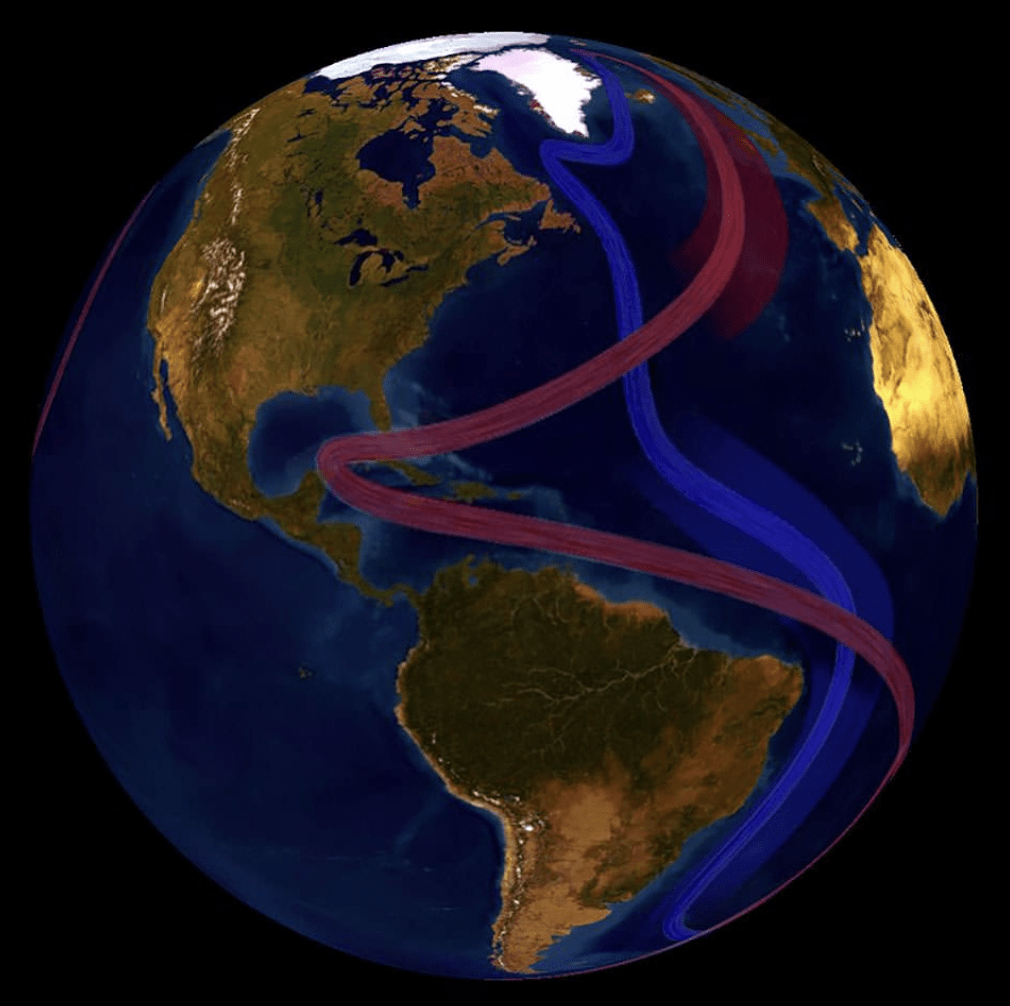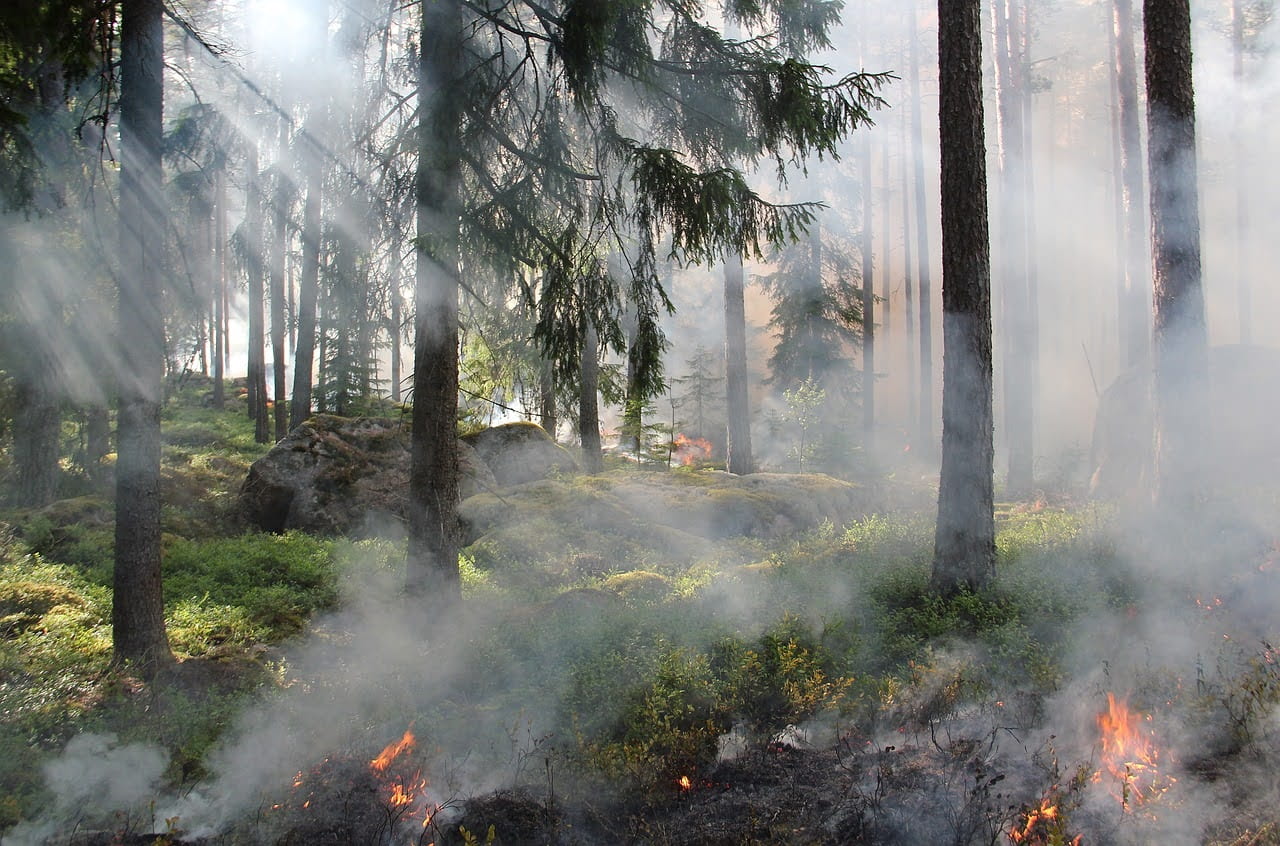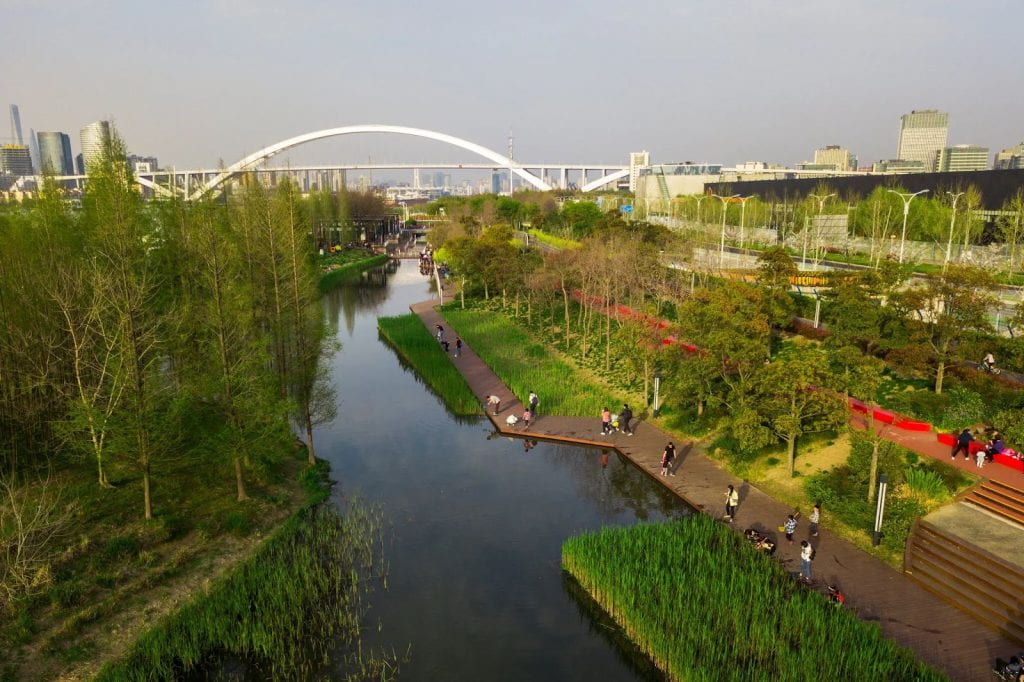A Look at AMOC, Climate News, and Eco-Anxiety

https://oceanservice.noaa.gov/facts/amoc.html
In this time of climate crisis, there are important environmental events unfolding every day. While it is certainly important to be informed about what is going on with the planet and all the life that inhabits it, it can quickly become overwhelming, bringing a crushing sense of hopelessness. I have found that it can be difficult for not only myself but also many of my peers to balance being informed and taking action and breaking down in frustration, anxiety, and despair. Recently, I learned that the Atlantic Meridional Overturning Circulation (AMOC) may be heading towards a collapse, and potentially soon. In this blog I want to discuss what AMOC is, the implications of its collapse, and the relationship between headlines such as this and the reality of climate action/eco-anxiety more broadly.
What is AMOC?
The Atlantic Meridional Overturning Circulation (AMOC) is “a system of ocean currents that circulates water within the Atlantic Ocean, bringing warm water north and cold water south” (NOAA). While there are tidal currents controlled by the sun and moon, and surface currents controlled by the wind, there are larger currents that run from the surface to the seafloor and are controlled by a process called thermohaline circulation. This system is like an ocean conveyor belt. It brings warmth and nutrients from the tropics, across the equator, and to the northern hemisphere. When this reaches the northern hemisphere, it is cooled, becoming denser, sinking, and returns south where it will be warmed again. The National Centre for Atmospheric Science notes that AMOC “accounts for around 90% of the total northward ocean heat transport across the Atlantic Ocean.” Essentially, this system is important to the overall health of the planet for various reasons. AMOC is crucial in the regulation of climate, weather patterns, the carbon cycle, and marine life.
What’s causing a potential collapse, and when could it happen?
Essentially climate change is weakening AMOC. Melting ice sheets, rising sea levels, warming oceans, and changes in precipitation are all disrupting its density driven circulation. Scientists have been warning of the slowing or even full-blown halt of this system for decades, and it is predicted that a collapse could occur as early as 2025–however, a lot of uncertainty remains surrounding exact timelines and consequences.
What are the consequences?
Put simply, the collapse of AMOC could be devastating on several levels. First, this system is “a major tipping element in the climate system,” (Divletsen 2023), and its collapse “would disrupt the climate globally, shifting Asian monsoon rain patterns and even reversing the rainy and dry seasons in the Amazon” (Berwyn 2024). Temperatures in Northeastern Europe would plummet, and temperatures in the southern hemisphere would increase even more. Sea level rise would be greatly accelerated, up to one meter or 3.3 feet (Paddison 2024). Ecologically, an AMOC collapse would affect the distribution of nutrients, affecting marine plant and animal life, which would also have cascading effects on the greater ocean system and terrestrial life that depends on it. These effects could also mean global food and water shortages and widespread human displacement.
What does AMOC have to do with Eco-Anxiety?
First, eco-anxiety is defined by the American Psychological Association (APA) as “the chronic fear of environmental cataclysm that comes from observing the seemingly irrevocable impact of climate change and the associated concern for one’s future and that of next generations.” It is also referred to as climate change anxiety, eco-grief, or climate doom. On a personal level, when I read this headline it triggered anxiety and general feelings of sadness, fear, and hopelessness that are all too familiar to me not only as a student who studies global environmental issues every day, but as a person who has had eco-anxious thoughts since childhood. However, on a broader level, this type of emotional response is becoming commonplace all over the world. Eco-anxiety has been found to affect people of all ages and identities, but disproportionately higher rates are found among young people, BIPOC people, environmental professionals, advocates, and activists, parents, residents of vulnerable areas, and people with pre-existing mental health conditions.
Headlines such as these, that warn of such devastating potential climate impacts, certainly can trigger eco-anxious responses. Unfortunately, these headlines depict the reality of the current global environmental situation, and being conscious of these realities is incredibly important. Consciousness is crucial especially in a time characterized by endless distractions and continual lack of motivation to address environmental problems due to their long term, nonlinear, and seemingly distant nature (Markman). However, increased consciousness and knowledge of these realities are often accompanied by increased levels of eco-anxiety. So if being conscious is important to advancing change and being informed, but that comes with heightened eco-anxiety, what can be done about this? Britt Wray, a postdoctoral fellow at Stanford University’s Center for Innovation in Global Health and researcher of eco-anxiety, explains in an interview with Yale Environment 360 the ubiquitousness of eco-anxiety, the realities of those most affected, and that ultimately these emotional experiences, although they are difficult, are an indication of humanity, care, and connectedness “to things that are beyond ourselves.” She explains how this collective sense of anger, betrayal, and fear is rooted in a knowledge of widespread injustice, which:
…shows that your conscience is alive. That your sense of being morally transgressed is intact. It can breed a very deep well of strength from which to act. We need to allow these emotions to come out. On the other hand, we shouldn’t block out the positive. We also need hope to focus our eyes on what we’re working for, what the solutions are.
Ultimately she explains that people are waking up; this crisis is causing tremendous harm and suffering, but this pain of everything that we are losing is also causing people to come together and focus on what matters. She views this distress as a potential “superfuel to generate positive change.” I think her perspective is important to consider in order to prevent falling into fatalistic or nihilistic attitudes towards environmental crises. But the reality is that there are solutions, and while it is highly urgent, there is still time to make the world a better place. What I feel must be continually recentered and placed in the forefront of our minds is the truth that there is hope.
References
Associated Press. (2024, February 10). Ocean system trouble could cause weather chaos, study says. Voice of America. https://www.voanews.com/a/ocean-system-trouble-could-cause-weather-chaos-study-says-/7482078.html.
Berwyn, B. (2024, February 9). Extreme climate impacts from collapse of a key Atlantic Ocean current could be worse than expected, a new study warns. Inside Climate News. https://insideclimatenews.org/news/09022024/climate-impacts-from-collapse-of-atlantic-meridional-overturning-current-could-be-worse-than-expected/.
Ditlevsen, P., & Ditlevsen, S. (2023a, July 25). Warning of a forthcoming collapse of the Atlantic Meridional Overturning Circulation. Nature News. https://www.nature.com/articles/s41467-023-39810-w.
Fant , S. (2024, February 21). AMOC collapse is closer than expected: The consequences. Renewable Matter. https://www.renewablematter.eu/articoli/article/amoc-collapse-consequences.
National Centre for Atmospheric Science. (2023, September 1). What is the Atlantic Meridional Overturning Circulation?. NCAS. https://ncas.ac.uk/what-is-the-atlantic-meridional-overturning-circulation-and-its-role-for-our-planet/.
NOAA. (2018, October 22). What is the AMOC?. NOAA’s National Ocean Service. https://oceanservice.noaa.gov/facts/amoc.html.
Paddison, L. (2024, February 9). Critical Atlantic ocean current system is showing early signs of collapse, prompting warning from scientists. CNN. https://www.cnn.com/2024/02/09/climate/ atlantic-circulation-collapse-weather-climate/index.html#:~:text=A%202021%20study%20found%20that,Yet%20huge%20uncertainties%20remain.
Schiffman, R. (2022, April 18). For gen Z, climate change is a heavy emotional burden. Yale E360. https://e360.yale.edu/features/for-gen-z-climate-change-is-a-heavy-emotional-burden.
Yale experts explain climate anxiety. Yale Sustainability. (2023a, March 13). https://sustainability.yale.edu/explainers/yale-experts-explain-climate-anxiety.


